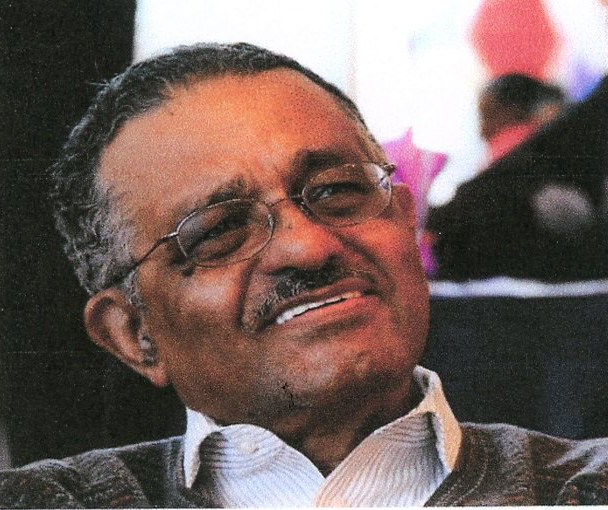Mark My Reparations Check: “Return to Sender”

By Harold D. Young
Fifteen years ago, Harold Young received a letter from a friend who asked him what he intended to do with his reparation check. Harold, an attorney who was then serving as the Director of the Maryland Office of the U.S. Department of Housing and Urban Development, and was immersed in inforcing the Fair Housing, Housing and Community Development laws of his agency. In short, Harold understood the complexities and politics behind the effort to better the lives of America’s struggling population.
The words below were part of a private correspondance between friends. This letter is an expression of an insightful outlook towards the necessary step of rectifying the economic injustice that continues to oppress American Blacks. Since the writing of this letter, Harold has retired to Sarasota, Florida and is a part of the Manasota Interracial Book Club. The book club is currently contemplating the need for reparations to compensate America’s descendants of enslaved ancestors.
Harold shared this letter with book club members who urged him to make it available to a wider audience.
You don’t deserve what you don’t earn or need.
The deleterious impact of slavery, Jim Crowism, racial segregation and discrimination deserves more than an injection of guilt money for persons who would just jump at the opportunity to advance their lifestyles.
The damage done by the atrocities of slavery deserves permanent and lasting solutions.
America needs visual images that teach us about the savagery of slavery.
More monuments are needed to point to the accomplishments of so many who suffered before us, whose voices were never heard or faces never seen.
More stories need to be told of the pain, humiliation, dehumanization endured by faceless blacks.
More history books need to be re-written by the sons and daughters of slaves and slave owners that will tilt the pendulum about the history of this country toward the truth.
There needs to be a truth and reconciliation initiative to pull the truth out of the souls of those who control this country’s resources, others who still suffer the scars of slavery and those who still don’t understand what all the fuss is about.
The greatest and the richest nation on the face of the planet needs to account for, in excruciating detail, who and at whose expense it achieved its richness and greatness.
How do we, persons living in the richest country, despite the human difficulty of some just to make a living wage, justify asking for money for ourselves, when millions of people in African countries die of starvation, disease, famine, war, and even present-day slavery?
Rather than running down to the mailbox to pick up my reparations check, I rather that my check be sent back to be used to stop the UPS, other parcel mail trucks, and other vehicles to stop the delivery of drugs in African American neighborhoods.
Mark my reparations check “Return to Sender” and mark it “Special Delivery” to the underfunded classrooms of our African American children.
Reparations, if we think of it in terms of money, whatever the amounts, cheapen the ills it purports to remedy. You enslave me, dehumanize me, segregate me, and rape my mother, and pay me for the privilege of having done so. I don’t think so! I want more. I want every city, town, county, parish, in every state to erect a statute or similar edifice, recognizing the accomplishments of slaves and other African Americans.
Respectfully waiting for truth and reconciliation.
Harold D. Young

One Reply to “Mark My Reparations Check: “Return to Sender””
A very powerful and insightful letter. Thank you for sharing it with us, Doug. My own view has been that I didn’t want monetary compensation for the suffering of my enslaved ancestors. This country has much to atone for to enslaved Africans, those African Americans who endured the terrors of the Klan, and the other efforts to suppress and oppress us as a people as well as to the Native peoples.
I’d like to see the country have a deeper conversation about the ills of slavery and the ways that it still impacts the lives of African Americans today; and what we need to do to restore, reconcile and heal from that festering wound. Attorney Young makes the case for what needs to be done. Would that the country had the leadership and will to do the work.